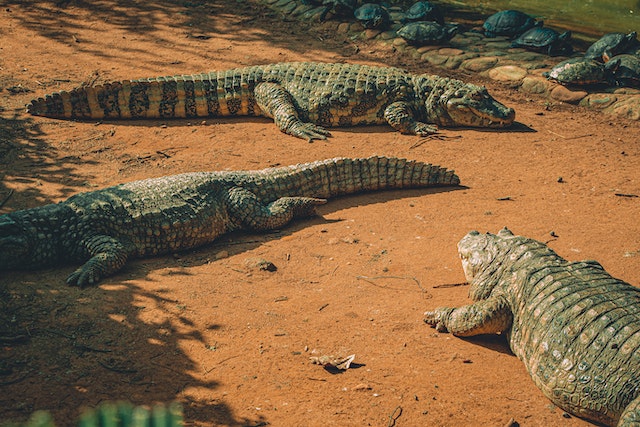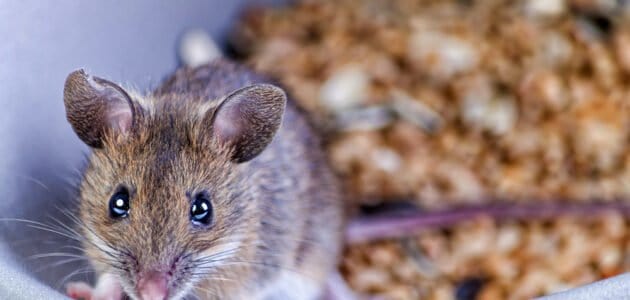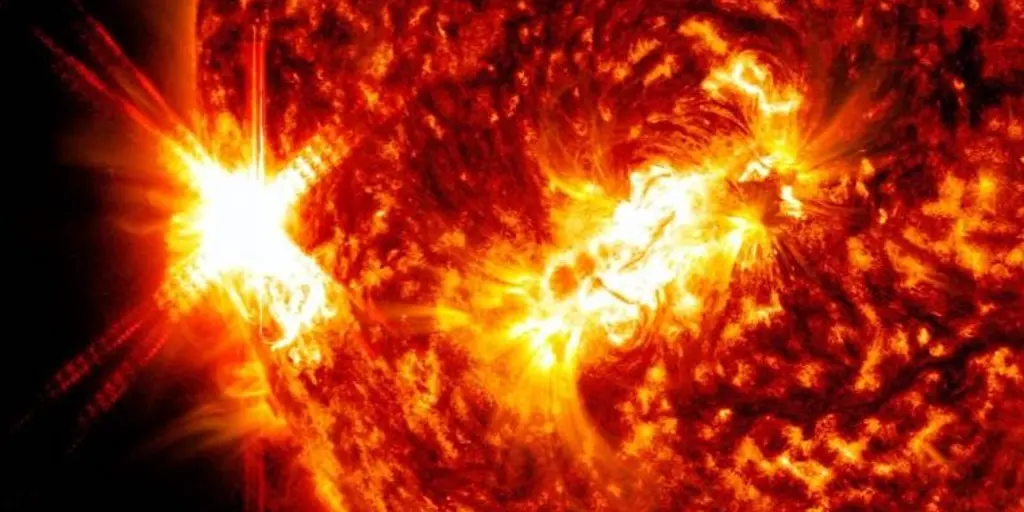In the realm of nature’s wonders, there are extraordinary stories that captivate our imagination. One such tale is the remarkable account of a self-conceiving female crocodile—a testament to the ingenious ways in which life finds its own way.
In the heart of a crocodile’s reproductive process lies the typical mating ritual, where a male and female come together to ensure the continuation of their species. However, in some exceptional cases, nature devises alternative means of reproduction, such as parthenogenesis, allowing females to give birth without the need for fertilization.
Imagine a female crocodile, isolated from potential mates for an extended period. Despite the absence of male fertilization, this tenacious creature defies the odds and embarks on a solitary journey to create life. Through the phenomenon of parthenogenesis, she manages to conceive and develop offspring within her own body.
The intricacies of this self-conception remain an ongoing scientific investigation. Environmental cues, hormonal triggers, or even genetic predispositions might influence the female crocodile’s reproductive system, prompting the development of an unfertilized egg. Miraculously, this egg proceeds to grow and mature, ultimately resulting in the birth of viable offspring.
Such revelations provide a glimpse into the astounding adaptability of life forms. By uncovering the mechanisms behind parthenogenesis in crocodiles and other species, researchers can deepen their understanding of reproductive biology and gain insights into the diverse strategies employed by organisms to ensure their survival.
The tale of a self-conceiving female crocodile exemplifies the resilience and resourcefulness of nature. It demonstrates that when conventional paths to reproduction are unavailable, life finds creative alternatives to propagate itself. These extraordinary accounts remind us of the boundless mysteries that nature holds and inspire us to continue unraveling its secrets, enhancing our appreciation for the remarkable diversity and ingenuity of life on our planet.











